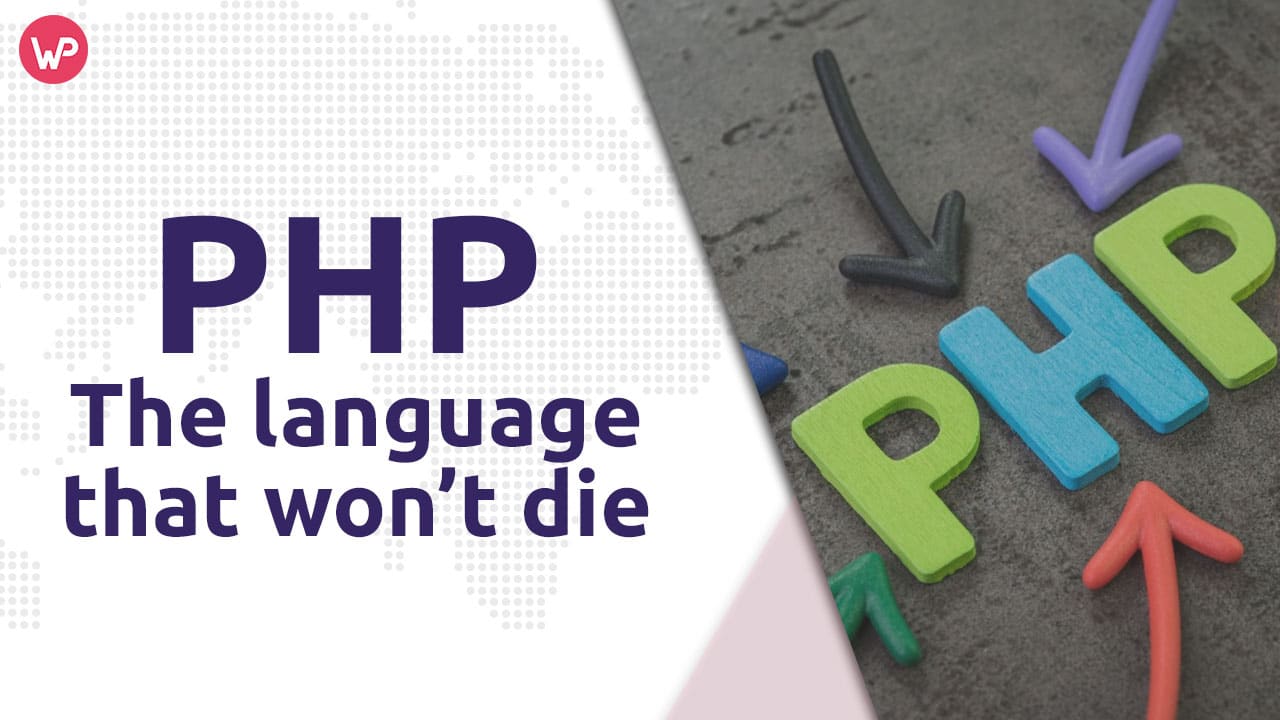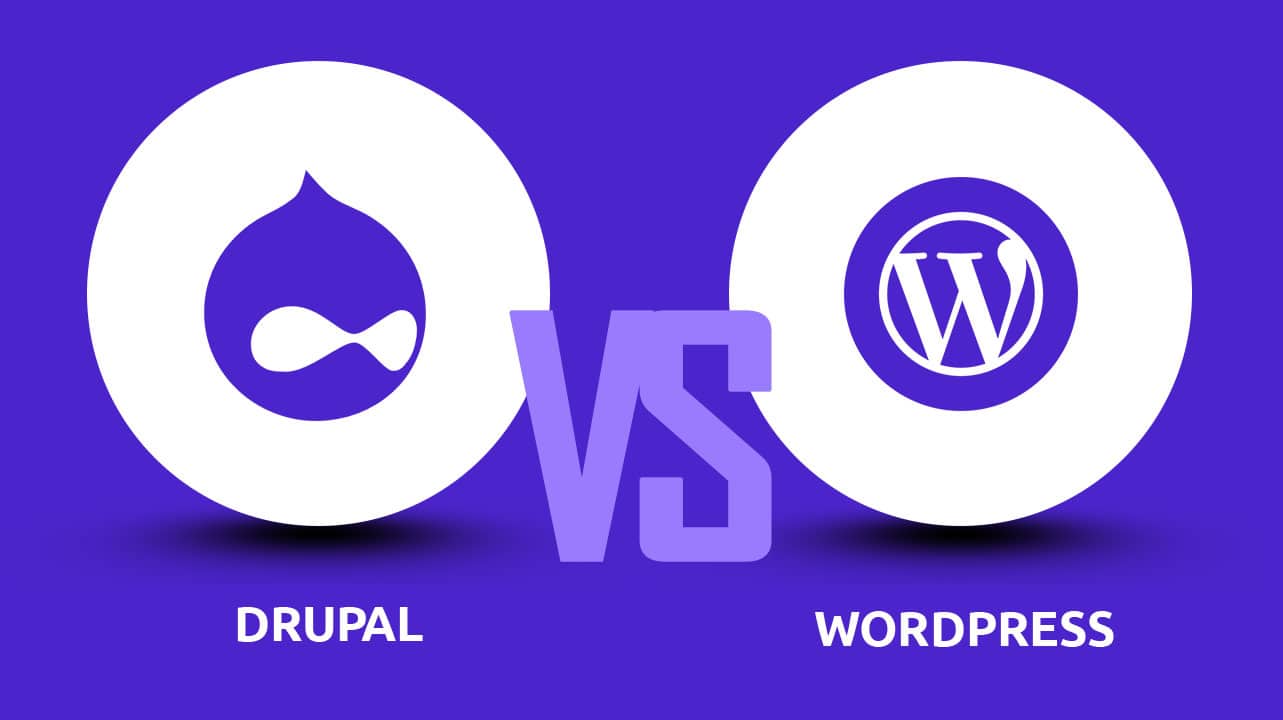Ever since Rasmus Lerdorf released PHP in June 1995, critics have repeatedly declared it obsolete. Yet here we are in 2025, and PHP still powers over 74 % of all websites Wikipedia, Medium. That speaks volumes about the future of PHP—clearly, it’s the language that won’t die.
This post explores up‑to‑date trends, why PHP remains relevant, and how innovations like AI and modern tooling ensure PHP is very much alive—and thriving.
PHP’s Ubiquity and Ecosystem Strength
As of May 2025, 74.2 % of sites use PHP, with around 45 % on PHP 8.x and a significant portion still on legacy 7.x (though insecure) versions Medium Wikipedia.
That size of adoption is no fluke:
- WordPress alone fuels over 40 % of the web.
- Magento, Drupal, Moodle, and MediaWiki all lean on PHP
From individual blogs to enterprise CMS platforms, PHP offers unmatched coverage.
Inspiration: study WordPress.com (WordPress) or Wikipedia (MediaWiki) for how PHP scales.
Modern Language Features & Performance Gains
PHP versions 8.2 and 8.3, and now 8.4 released in November 2024, introduce powerful enhancements: union types, readonly classes, property hooks, asymmetric visibility, immutable arrays, and improved JIT performance Wikipedia
Users report up to 20 % speed gains when upgrading from 8.1 to 8.4 in real‑world cases accesto.com
Static analysis tools like PHPStan and Psalm, and frameworks following PSR standards, boost reliability, reducing bugs by over 20 % on average dev.to
Inspiration: look at Laravel.com or Symfony.com—their docs showcase modern PHP in action.
Security & AI-Assisted Coding Trends
Security is now at the forefront of PHP’s evolution. Frameworks like Laravel and Symfony ship with sensible default protection for CSRF, XSS, SQL injection, and more Medium.
Cutting‑edge tools such as Artemis (a taint‑analysis tool) detect SSRF and injection vulnerabilities in PHP apps with high accuracy, addressing real threats in modern deployments arxiv.org.
Meanwhile, AI is reshaping PHP development. From GitHub Copilot to ChatGPT, developers now often engage in “vibe coding”, where they provide high‑level goals and let the LLM generate code, iterating naturally—especially with PHP code snippets Wikipedia.
But generative AI isn’t perfect: a study of GPT‑4 generated PHP found around 26 % of snippets exposed exploitable issues like XSS or insecure file uploads, arxiv.org So human expertise still matters.
Inspiration: AI‑powered tools like GitHub Copilot or Tabnine in action.
Community & Enterprise Adoption
Strong community support powers PHP’s resilience. Conferences like PHP[tek], SymfonyLive, and Laravel Livewire keep the ecosystem vibrant Medium.
Major companies like Facebook (via Hack/HVVM), Slack, Wikipedia, Etsy, and Fortune 500 firms continue using PHP for mission‑critical systems dev.to
On Reddit, PHP developers joke that PHP “has been dying since version 2.0,” yet they still build with it—and hire for it reddit.com.
Inspiration: community forums r/php or official Laravel News.
Niche Specialization & Cloud Trends
PHP increasingly shines in specific domains: e‑commerce (WooCommerce, Magento), CMS builds, APIs, and microservices. Its simplicity and strong plugin ecosystem make it ideal for startups through large scale business systems GeeksforGeeks , webmobtech.com.
Serverless and cloud‑native PHP is growing too—tools like Serverless PHP, Bref, or OpenFaaS let PHP run in AWS Lambda or containers flexibly GeeksforGeeks.
Inspiration: browse Magento or WooCommerce showcase sites.
Predictions for 2026 and Beyond
Looking toward 2026–2030, PHP’s continuing trajectory is clear:
- PHP 8.5 and 8.6 plan features like pipeline/pipe operator, refined async support, enhanced type safety, better modularization Wikipedia, GeeksforGeeks.
- Continued AI integration into IDEs and code review workflows—improving code generation and bug detection.
- Greater cloud interoperability—PHP bridging with services written in Node.js, Python, or Go in hybrid systems.
- Enhanced voice and natural‑language interfaces, as web becomes more voice‑search oriented GeeksforGeeks.
Simply put: PHP won’t just endure—it will evolve.
Why Choose PHP in 2025 as a Developer or Business?
- Speed to market: PHP’s syntax is easy for beginners; ramp‑up as little as ~120 hours yields usable skills dev.to.
- Cost-effectiveness: open source tools, low hosting costs, massive shared modules/plugins.
- Legacy compatibility: existing codebases continue reliably.
- Market demand: companies still hire for PHP expertise.
- Reddit and developer forums confirm: “PHP jobs will last many years” and “having PHP on your CV is still valuable” Medium.
Conclusion
The future of PHP is not about nostalgia—it’s about evolution. As the language that won’t die, PHP continues to dominate the web, grow with modern features, adapt to AI, and integrate deeply into cloud and security tooling. For developers and businesses alike, PHP remains a strategic, practical choice—today and well into 2026 and beyond.
At WP BigBang, we’re ready to help you take full advantage of PHP’s future—whether through WordPress, Laravel, WooCommerce, or custom PHP solutions.
Let’s build something future‑proof together!









